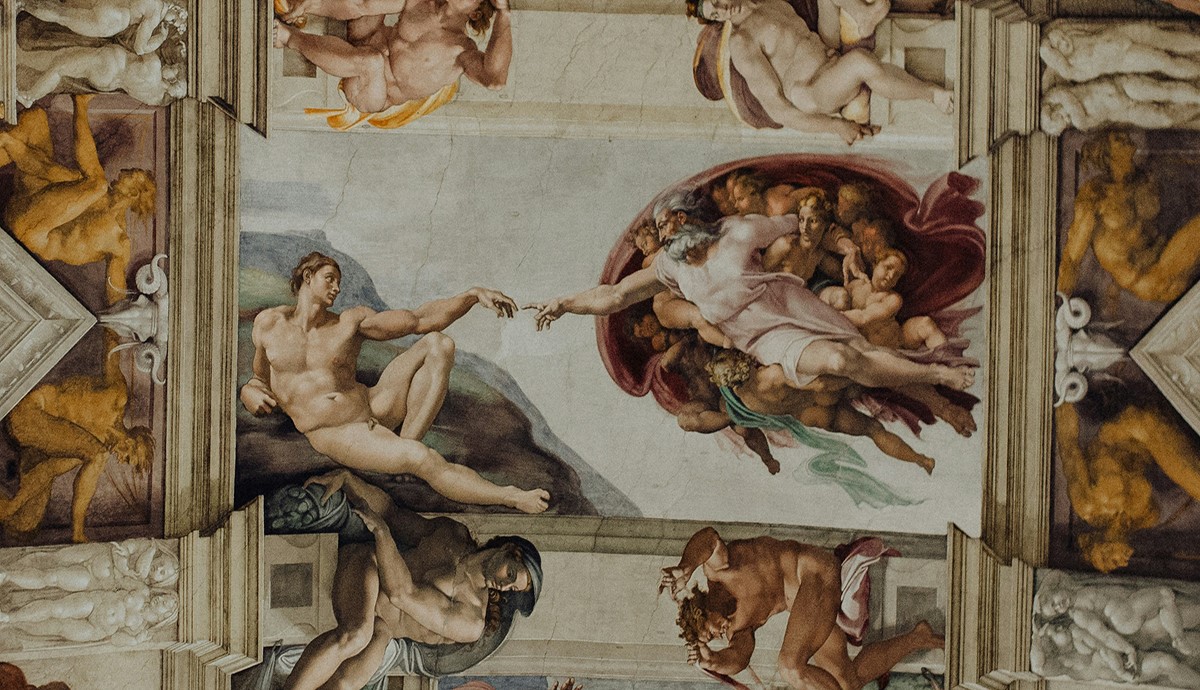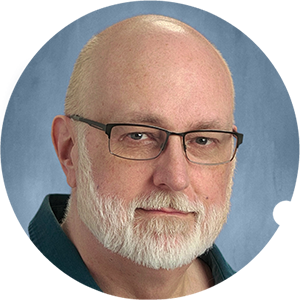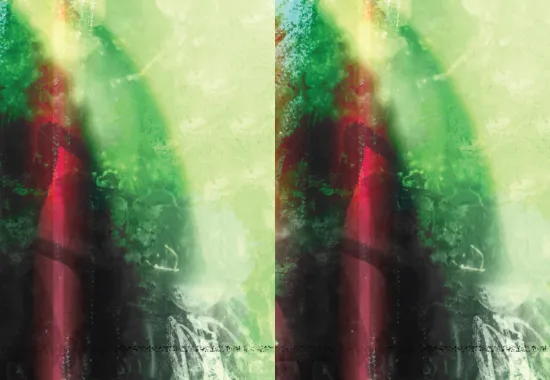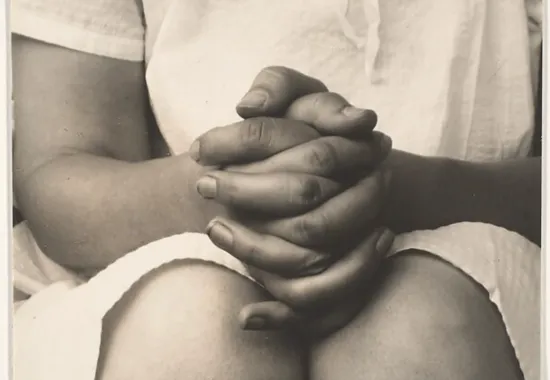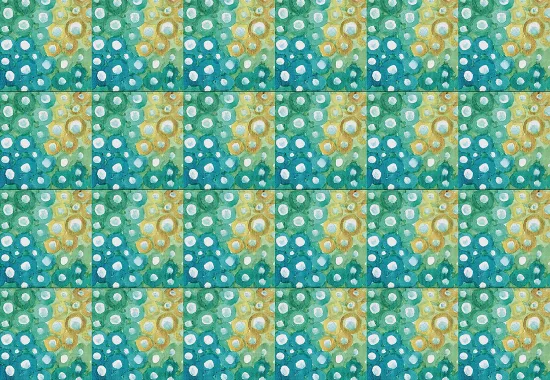A Review of Break, Blow, Burn & Make: A Writer’s Thoughts On Creation by E. Lily Yu
Writing is one of the few art forms to be generally absent of child prodigies, but E. Lily Yu may come rather close to fitting that bill. Graduating Princeton in 2012, she has just released her third book, Break, Blow, Burn & Make: A Writer’s Thoughts On Creation (Worthy Publishing). Before breaking into full-lengths, Yu’s short stories had nestled into many a Best of anthology, including two appearances in The Best American Science Fiction and Fantasy, impressing the likes of N.K. Jemisin and Charles Yu. Her first novel, On Fragile Waves, was a Publishers Weekly best book of 2021 and won the Washington State Book Award, and her short story collection, Jewel Box, was an LA Times Book Prize Finalist. For a young writer of such esteem to take up a book on the craft of writing might seem a little presumptuous, but it is also fitting for someone who has won so many accolades in such a short time.
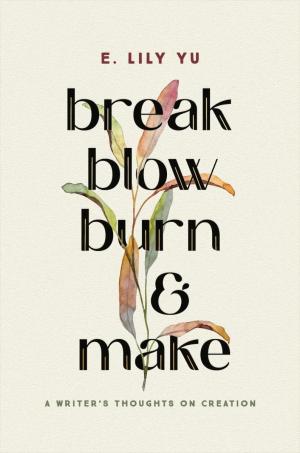 So it may seem a little shocking at first to find Yu take publishing and contemporary writing to task early on, as it can almost sound a little curmudgeonly if you take some of her comments unattributed to a writer in her thirties: “Writers, in turn, sometimes construct books like mirrored funhouses, where nothing in the world of the book needs to make sense, be grounded in reality, or persist for longer than the author needs it to. These books do not tell us about the actual world or human experience, only about the writer’s passing fancies and narrative necessities, and possess neither solidity nor credibility.” One could easily equate this attitude to a Jerry Seinfeld or Steve Allen, once-central artisans in their field who haven’t had much to contribute of late, so they resort to criticizing the field that they can’t keep up with anymore.
So it may seem a little shocking at first to find Yu take publishing and contemporary writing to task early on, as it can almost sound a little curmudgeonly if you take some of her comments unattributed to a writer in her thirties: “Writers, in turn, sometimes construct books like mirrored funhouses, where nothing in the world of the book needs to make sense, be grounded in reality, or persist for longer than the author needs it to. These books do not tell us about the actual world or human experience, only about the writer’s passing fancies and narrative necessities, and possess neither solidity nor credibility.” One could easily equate this attitude to a Jerry Seinfeld or Steve Allen, once-central artisans in their field who haven’t had much to contribute of late, so they resort to criticizing the field that they can’t keep up with anymore.
But Yu’s vitriol doesn’t smack of one having been ejected from the club. Break, Blow, Burn, & Make is indeed a book about the craft of writing, but not as a handbook or practical guide. It’s more of a book of philosophy, a call to the art of writing rather than the business, and a devotional on the subject, for Yu is quite plain and direct about the part her own Christian faith plays in her process of creation: “To inspire human beings with grace, love and wisdom—to plant a pale spark in another person’s spirit, and breathe upon it, that the soul might quicken to flame—this is and always has been the unspoken, unwritten duty of writers, artists and God.” Yu touches on science, on scripture, and on a well of research from writers like James Baldwin, C.S. Lewis, Mary Oliver, Madeleine L’Engle and many more. Her level of erudition shows not just a well maintained reading habit but a wide range of interests and passions. With such a mind at play, it starts to become obvious why writing as a commodity would hold little interest for Yu, as some of her best stories, like those in the aforementioned anthologies, study the complications of prejudice and xenophobia when a ship of refugee aliens land on Earth, or the struggles of womanhood when a young witch takes up with a dashing but heartless young knight on a quest to kill dragons.
Most of all, Yu pursues the art of writing as an honest expression of faith, an act that tries to transcend the self to contribute to the larger world: “A transformative artwork is not and has never been about the artist through whom it comes into being…unless the artist willingly dies to self and becomes a hollow pipe through which the art flows.” One does not have to be a fellow believer to see Yu’s logic, though she ties it strongly to her Christianity. In her descriptions of prayer as writing, we see the kind of aspiration to a larger consciousness that does indeed smack of the writings of Gerard Manley Hopkins or even Homer calling to be inhabited by Muse, but just as equally Donald Barthelme’s demand that the writer’s not-knowing in the act of writing is the source of its art. Yu’s faith may be jarring to the contemporary secular mindset at first, but the aim is true without being self-righteous or exclusionary. If you want to read her prayer metaphorically, have at it, as her conclusions touch on the kind of artistic process found in centuries of thought on the creation of art, and without sentimentality. Yu suggests that writing must look to a higher purpose for the product. She believes inspiration is only the start of the process, with nothing coming out fully formed. One must read others to join a tradition of artists rather than get too egoistic and think that you are the only one doing good work in and for the world.
Most appreciated is Yu’s discussion of love as a necessary part of the writing process. She argues that one must sacrifice for one’s art, but also that one must look for love within the process itself, that characters must have lives and their rationales be ripe for empathy rather than the writer out to ruffle some feathers: “any creator is ultimately responsible to her creation. If she cannot love and care for the people and the world she invents, if she does not invest them with her own aliveness, if she does not treat language and craft with respect, it would be better if she did not create.”
While Yu’s one foot may seem (because it is) deeply rooted in pre-twenty-first-century ideals, it’s because she touches on an artistic vision that feels honest and important to remind ourselves of and continue to act on.
Recommended
A Review of When We Were Gun: A Narrative Poetry Cycle by Deborah Schupack
A Review of Apostasies by Holli Carrell


